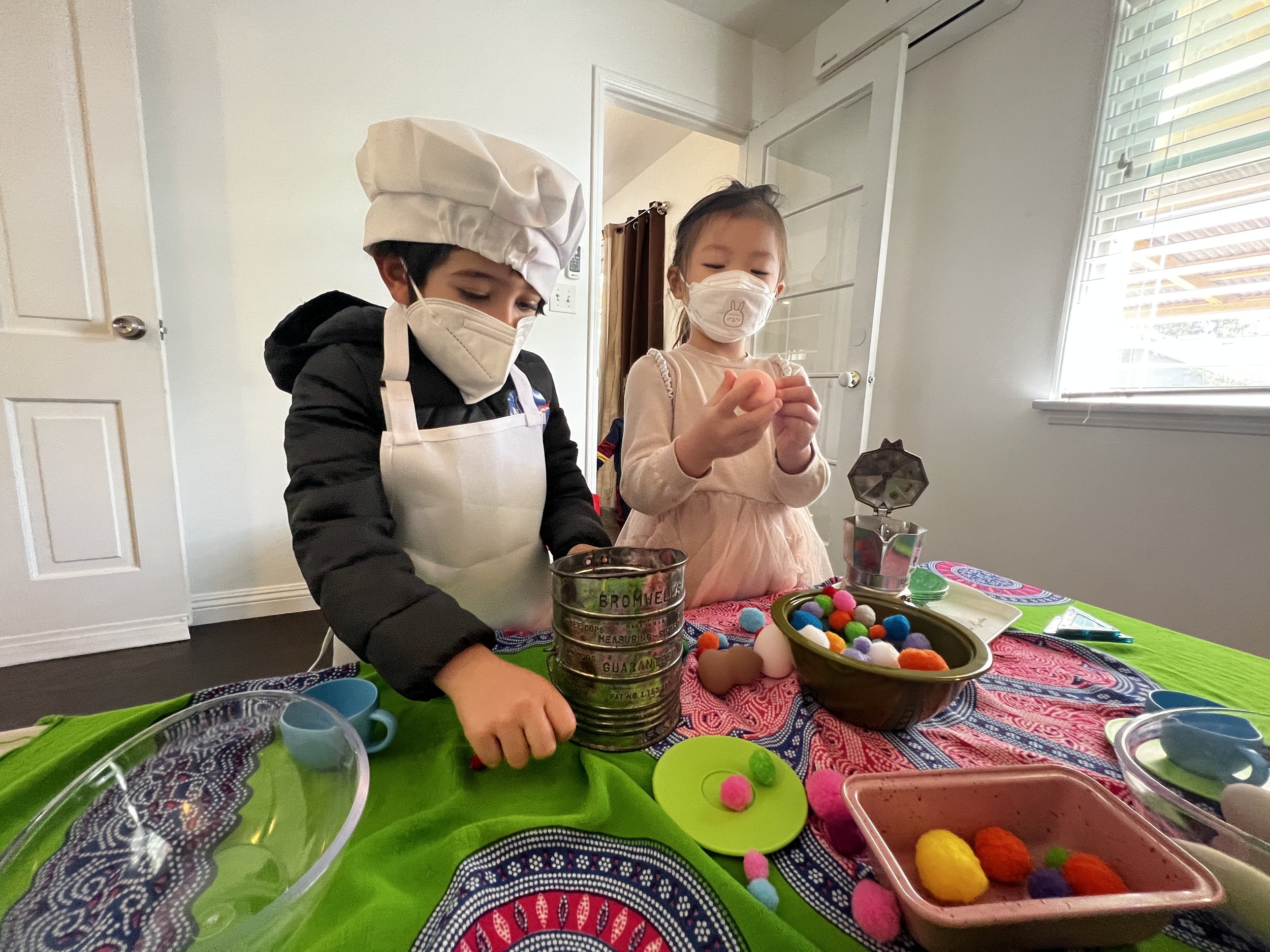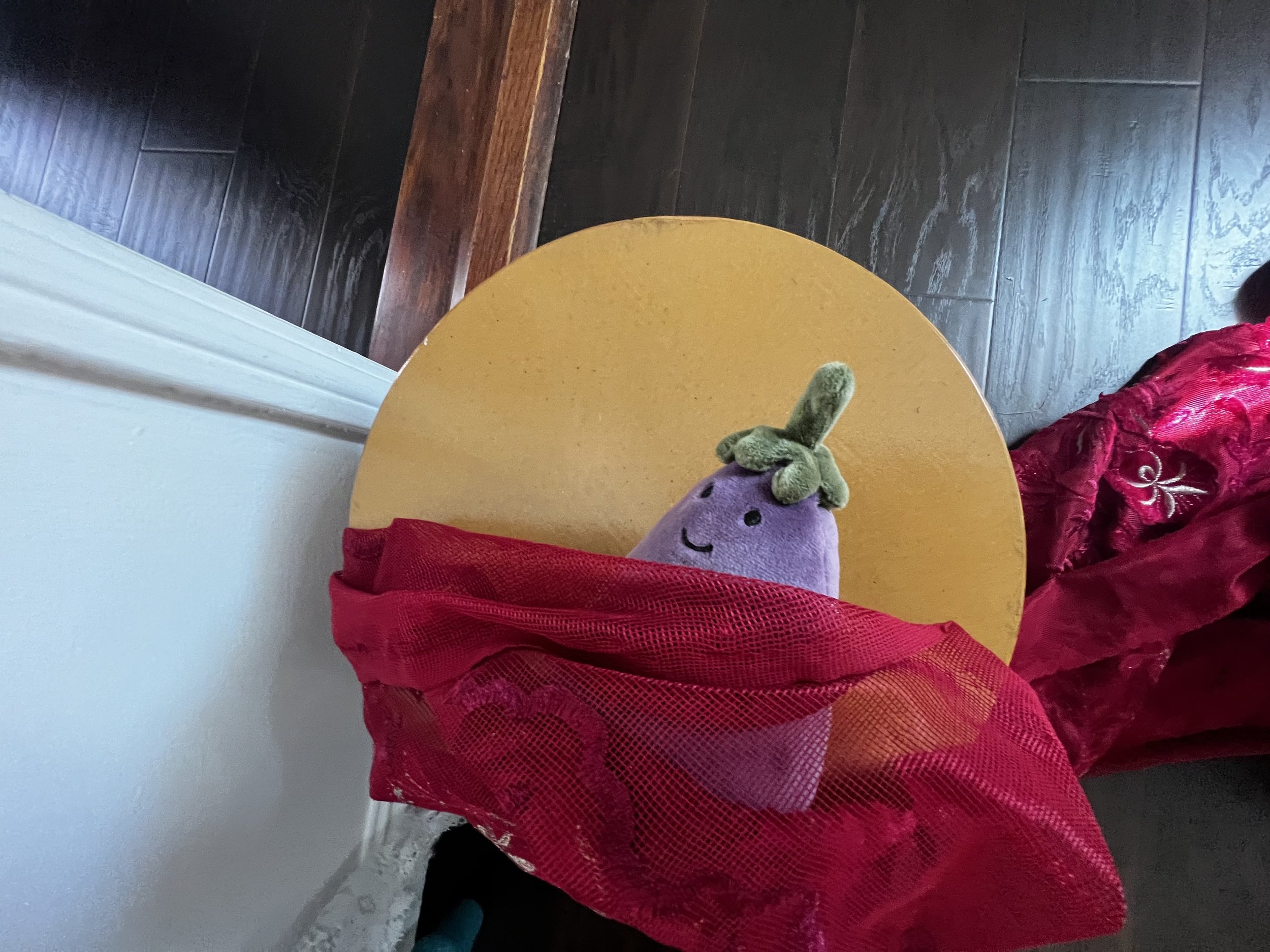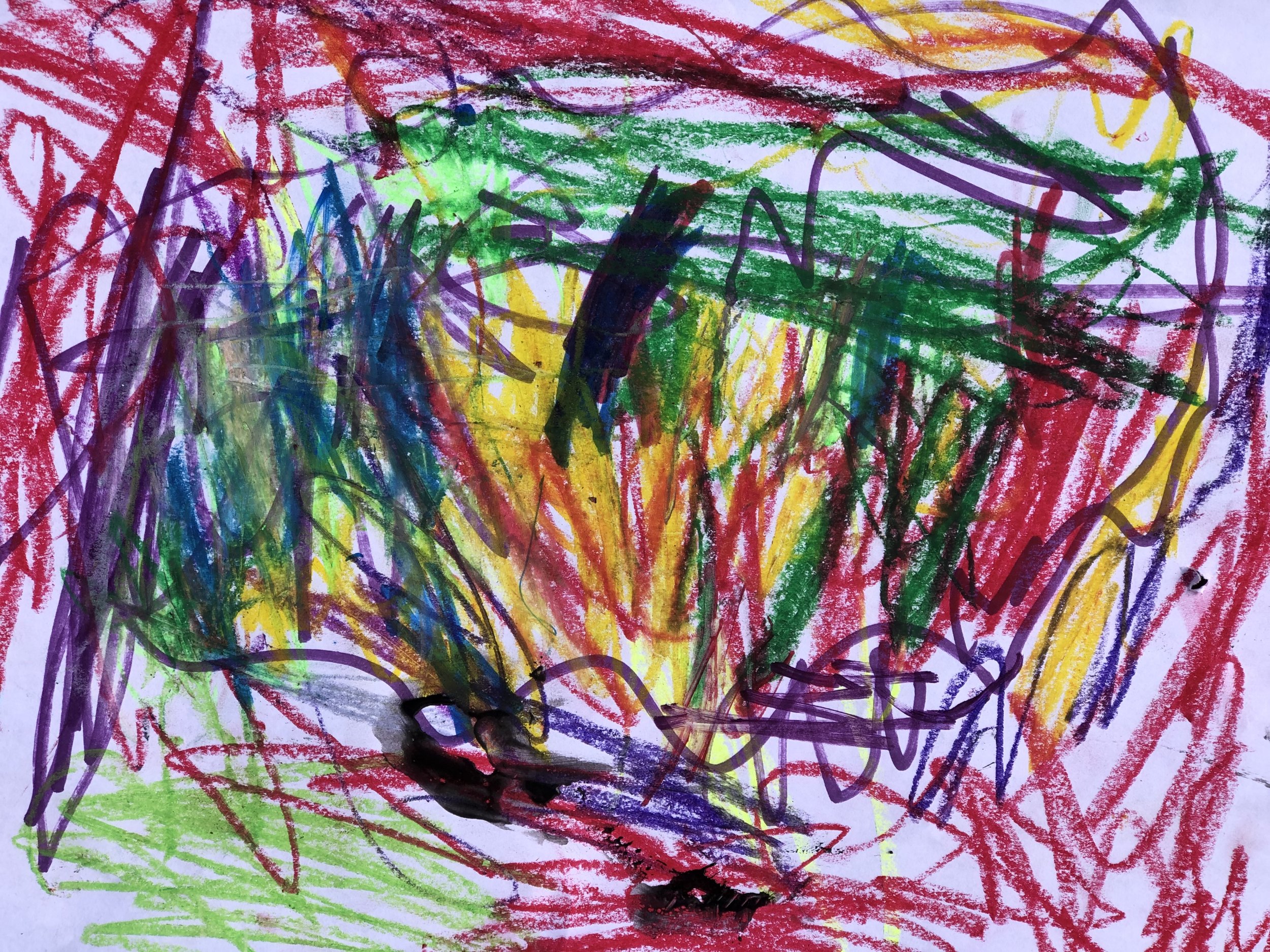Philosophy
Through presence, play, community, and research, our school provides fulfilling experiences that help children, families, and teachers feel self-confident and empowered in their world.
Presence
We live in a fast paced world and it’s easy to overlook the interpersonal relationships in our lives. We make space for each child, each family, and each teacher to grow. Our 1:4 teacher-to-child ratio enables us to provide undivided attention to the children. We are able to listen to the stories they tell, ask sincere questions regarding their world, engage in meaningful conversations surrounding conflict, and find the edge of their growth. Our team members are given time to reflect on their practice, build on children’s interests, and continue their education. Development never ceases whether you are a child, and adult, or an organization.
Play
Research suggests that play (and playfulness), like anger, grief, and joy, is a primary emotion (Panksepp, 2005). Playfulness evolved as a means to develop social/emotional development. Through play, children learn how to connect with others, to read facial expressions, understand the prosody (tone) of voice, and interpret body language. By learning how to successfully cooperate with others, children develop core structures that act as an internal compass throughout life. The pretend worlds children create with each other are a space where children explore who they are and who they can become. We believe this ability to negotiate between what is and what could be—within the context of a diverse and empathic group—is key to thriving.
Community
There is perhaps no better path to healthy development than being part of a diverse, caring, and challenging community. When we surround ourselves with others, we learn to balance our personal autonomy with the needs and wants of others. Conflict is inevitable and welcome. It is through well-mediated conflict that children learn how to deal with the most complex forms of relationship and that have the greatest bearing on development.
Research
The Reggio Emilia dictum that children “speak one hundred languages” holds just as true for teachers. We, as teachers, are always looking at the latest research, both within our field of early childhood education and to closely adjacent fields such as developmental psychology, neurobiology, economics, cultural studies, and philosophy. Currently, we are experimenting with an updated model of constructivism that de-emphasizes the focus on cognition and brings focus back to the affective/social domain via right brain-to-right brain tacit communication. Not only do we seek to study and communicate what is known about our profession, we also feel that discovery and original research is essential to the process. To fulfill this value, our team members participate in doctoral level research and mentorship.





